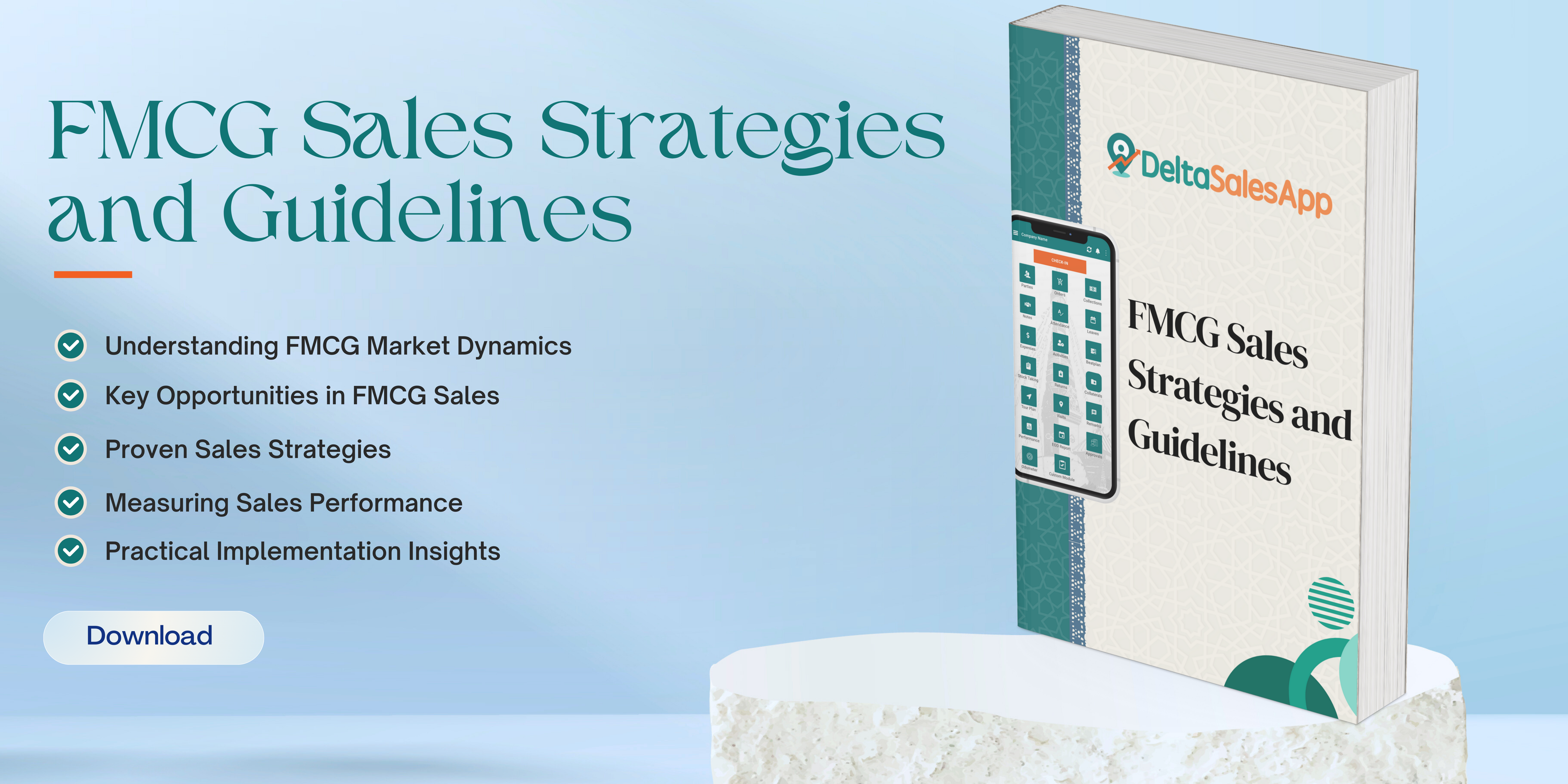Customer Relationship Management (CRM)
Customer Relationship Management (CRM) in field sales applications refers to the use of CRM systems tailored for managing and optimizing sales processes conducted outside the office, often by sales representatives meeting clients directly.
Field sales applications powered by CRM systems aim to enhance efficiency, provide real-time insights, and ensure better customer interactions.
Key Features of CRM for Field Sales
Ensuring access to mobile devices for all individuals is a crucial aspect of inclusivity and equal opportunity.
Customer data, interactions, and sales activities can be accessed, updated, and logged by field sales reps through their smartphones or tablets.
Offline capability is crucial for regions with restricted internet access.
Comprehensive customer profiles containing key details such as contact information, purchase history, preferences, and interaction logs that are centralized.
Assists sales representatives in tailoring their presentations and predicting the needs of customers.
Tracking the sales pipeline is key to successfully managing your sales process.
Allows for efficient monitoring of potential clients, sales prospects, and transactions through various stages of the sales process.
Offers current information to supervisors for improved decision-making.
The efficient management of tasks and schedules is crucial for the success of any project. Staying organized and following a well-planned schedule will lead to improved productivity and timely completion of all tasks.
Planning your daily routes, organizing meetings, and setting up follow-ups are tasks that
require the right tools.
The integration of calendars and mapping tools allows for efficient management of both time and travel.
The ability to report and analyze data in real-time is a valuable feature. It allows for timely insights and informed decision-making.
Create reports while on the move regarding sales performance, customer interactions, and deal progress.
Utilizing analytics to pinpoint profitable prospects and streamline efforts.
Geo-location and optimizing routes:
Utilize GPS technology for finding clients and streamlining travel routes to increase efficiency.
Ensure the safety and accountability of field reps by tracking their location.
Management of orders and inventory:
Enables representatives to conveniently input orders and monitor stock levels while meeting with clients.
Decreases delays and enhances order precision.
The incorporation of other systems is crucial for seamless operation.
Integrate with marketing automation, ERP systems, and communication tools to achieve a smooth workflow.
Ensures alignment and communication across all departments.
Facilitate seamless communication and information exchange between sales representatives and office personnel.
Utilizing group chats and file sharing, as well as collaborating on updates, enhances coordination.
Enhancing efficiency and productivity through the use of technology has become a critical aspect in today's business world. Artificial intelligence (AI) and automation are two key factors that have greatly contributed to this advancement. With the help of these tools, companies are able to streamline their processes and make data-driven decisions for better results.
Using predictive analytics to anticipate future sales patterns and recommend the most effective course of action.
Benefits of CRM in Field Sales
Boosted Efficiency: Cuts down on time devoted to administrative duties and organizing trips.
By utilizing detailed customer data, we can provide personalized interactions and enhance the overall customer experience.
Enhanced Sales Efficiency: Representatives can concentrate on top-priority prospects and swiftly seal deals.
Enhanced Decision-Making: By utilizing real-time data insights, proactive adaptations can be made to strategies.
Team Alignment: By having one central source of information, it ensures that everyone is on the same page.






